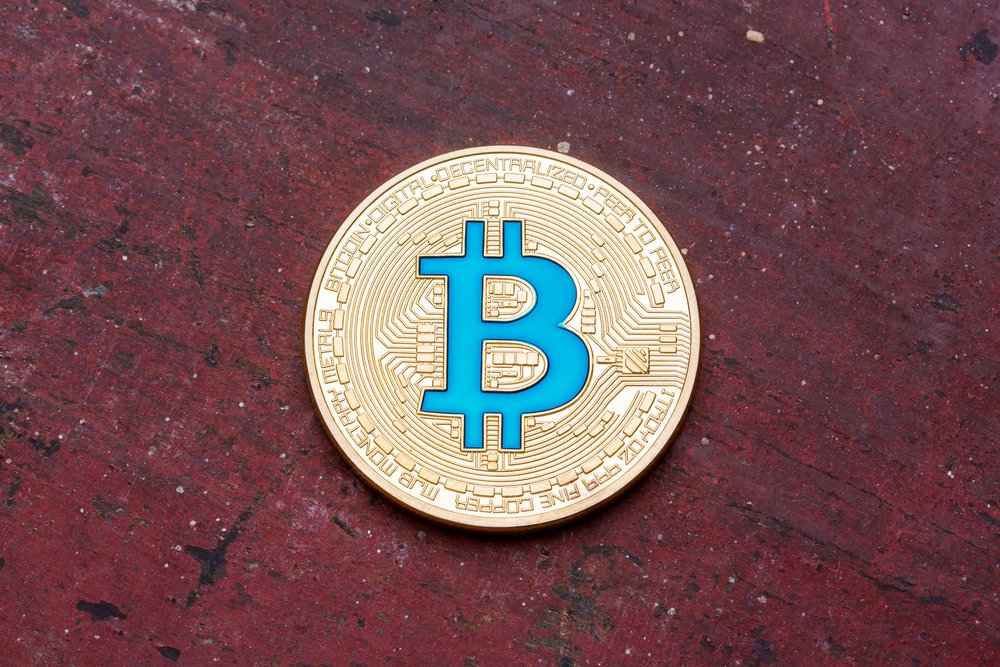It’s impossible to ignore the global rise of cryptocurrency. With Bitcoin becoming a better investment than gold and global institutions such as the UN adopting Bitcoin and Ethereum, it’s clear that crypto is here to stay.
Despite its seeming inevitability, crypto remains mysterious to the average person. To many, the word “blockchain” is still gibberish. Lack of knowledge leads to misconceptions about the technology and lingering doubts about its value.
During a recent discussion with Eric Lamison-White, Co-Founder of Pareto Network, we covered common misconceptions surrounding cryptocurrency. Pareto Network is a company that uses digital currency payments to incentivize objective financial information within its network.
4. I Can’t Sell My Assets Because There Aren’t Enough People Buying Cryptocurrency
“Bitcoin and cryptocurrency markets have a lot of liquidity, with surges in activity every day,” Lamison-White explains. “And while the market has its share of ups and downs, instantly buying or selling Bitcoin at the quoted price is actually a very straightforward procedure.”
Typically, a digital asset exchange is involved with the exchange of cryptocurrency. One exchange that’s been handling a large volume of transactions for several years now is Gemini. It promotes transparency by scheduling public auctions at certain times during the day where users can buy and sell millions of dollars worth of crypto.
Gemini and other exchanges function like juiced-up stock markets. Not only can they function 24 hours a day, 7 days a week, but they cater to users all over the world. These aren’t cloak and dagger operations – all you need is a desire to buy and sell cryptocurrency.
3. Bitcoin Is Too Prone to Theft to Be a Viable Medium of Exchange
As a former investigator of payment fraud for the Federal Deposit Insurance Corporation (FDIC), Lamison-White knows a thing or two about security.
“It’s inaccurate to assume Bitcoin is any less secure than other payment methods,” he says. “There are $500,000 thefts happening every single day in fiat currencies. Fraud in traditional payment networks amounts to hundreds of millions per year. And companies like Square Inc list massive, crippling fraudulent transactions in their annual reports.”
Because crypto is a still an exotic newcomer to the scene, it suffers from overexposure. Bitcoin thefts are international news every time they occur, while the opposite is true of traditional payment methods. There are best practices for crypto just as there are for checks, banks, debit cards and wire transfers.
2. Bitcoin Lacks Strong Regulation
“Name another asset class so heavily regulated!” Lamison-White laughs.
The IRS and FinCEN within the Treasury Department, the Commodities Futures Trading Commission, in some cases the SEC, and numerous state institutions all regulate Bitcoin, and lest you worry that this is too much governmental oversight, Lamison-White assures, “The regulations have little effect on either the consumer or trading experience.”
1. Cryptocurrency and Bitcoin Require Electricity and the Internet. Gold and Cash Don’t
Even if the forecast calls for light snowfall and a 30 percent chance of apocalypse, Bitcoin will remain a viable means of exchange. Many people use Bitcoin without the internet already. Storing crypto, completing transactions, checking their balances – all of these activities are possible offline.
Says Lamison-White, “Understand that Bitcoin, the blockchain network, even the internet – these are all just concepts, and concepts are very hard to eliminate. Two or more computers are all that’s needed to create the internet and by extension a blockchain network like Bitcoin.”
“Besides,” he goes on to say, “it’s very hard to imagine there being a permanent loss of the internet and power. Even if people lose individual access to the internet, it could still exist in centralized areas, in the same way that libraries provide internet access to the local community here in the US.” Instead of trading bottle caps or seashells, humanity would be far better served by a transparent managed money supply, such as Bitcoin.
The day is fast approaching when paying with Bitcoin will be as familiar as popping a quarter into the parking meter. ICOs have created millionaires in less than three years. It’s time for even the most resistant among us to educate themselves.
Disclosure: This is a guest post.

